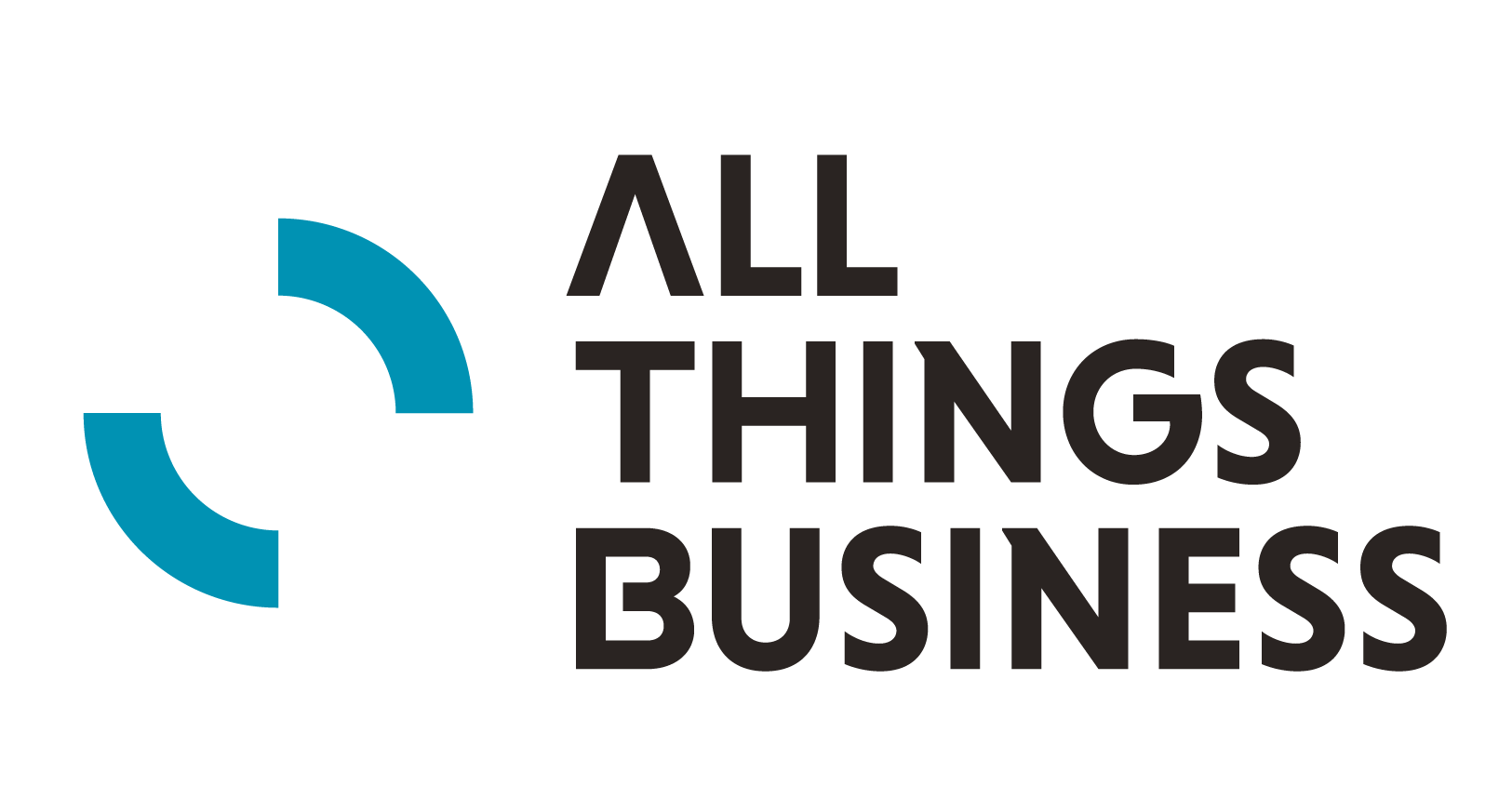For businesses, the last two years have been some of the most challenging and disruptive periods in recent memory. The exceptional difficulties brought on by the COVID-19 pandemic and the Brexit transition have created volatile trading conditions for organisations across both the public and private sectors, resulting in significant peaks and troughs in recruitment activity.
Now, businesses across the UK are being warned that a major and potentially long-lasting recession is just around the corner – or perhaps already upon us. With trading conditions worsening across the country, many organisations will be looking to review their approach to recruitment once again, while prospective candidates will be weighing up the impact that a recession could have on their job search.
Here, we will explore the uncertainties and challenges that the potential recession will have for businesses looking to hire, and provide guidance on how employers and candidates can adjust their approach to achieve the best outcome in these testing times.
An uncertain economic outlook
Business leaders will be aware of the various major factors that have contributed to the UK’s negative economic prospects. The financial downturn and excess spending that came during the national lockdowns, the ongoing war in Ukraine and the political instability within the British government have all subsequently created significant economic drawbacks.
As a result, businesses and consumers alike have found themselves burdened by rising interest rates, increased mortgage payments, unprecedented energy and fuel costs, and rising inflation. This has contributed to a nationwide cost-of-living crisis, meaning consumers have less disposable income, and with corporation tax and income tax rises around the corner, it is likely that the situation will get worse before it gets better.
While it is no longer in dispute that a recession is imminent, predictions of its timescale vary greatly. While some within the Treasury are suggesting the country could spend the next three fiscal quarters in recession, the Bank of England’s governor Andrew Bailey has predicted that the slump could last two years, which would represent the longest recession in British history.
The immediate impact on recruitment
The greatest immediate challenge this poses for employers and recruiters is one of uncertainty. Many companies find themselves in a position where their medium-term prospects are hard to predict with any confidence, which leaves them unsure of whether to stick or twist in terms of their recruitment plans.
One of the unique difficulties of the current situation is the somewhat contradictory conditions governing the jobs market. Despite the grim economic prospects, the UK’s unemployment rate fell to 3.5% in the three months to August 2022, the lowest level since 1974. This reflects the fact that many businesses are still facing a considerable talent shortfall, with more vacancies available than there are skilled workers to fill them.
This means that the recession is coming at a time when businesses are still facing a lot of pressure to take on additional staff to fill essential positions. Competition for top talent remains fierce, exacerbated by the fact that around 600,000 potential employees have removed themselves from the job market in the years since the COVID-19 pandemic began, whether due to long-term sickness, retirement or lifestyle changes.
All of these trends make it difficult to predict with any certainty how the recruitment market will look in six months’ time. Business leaders may be anticipating an imminent tipping point, where economic conditions become bad enough that hiring stops and companies start to consider mass redundancies; however, this reaction could be tempered by memories of 2020, which saw many organisations significantly reduce their headcount in response to the pandemic, only to find themselves having to quickly re-hire for these positions when the economy bounced back quicker than expected.
What is the best recruitment strategy for employers and candidates?
The success or failure of any organisation depends on its ability to adapt and respond to changing market conditions, and adopt a strategy that is well-suited to the current challenges. As such, the best recruitment approach in the face of the looming recession should include the following:
- Avoid rushing to snap recruitment decisions based on current headlines – the longer-term economic picture is unlikely to become fully clear until around spring 2023.
- Monitor your financial performance and position closely each month to develop an accurate sense of your company’s trajectory, and allow this to guide your decisions on when and where fresh investment in recruitment may be necessary.
- If you are considering making redundancies, think carefully about the potential longer-term impact. Companies that cut staffing fast and hard during the pandemic have found it very difficult and expensive to refill these positions.
For prospective candidates, it is likely that vacancies will still be available even during a recession, as businesses will always need access to top talent in order to succeed. However, candidates should tailor their approach in various ways:
- Ensure that your CV and application are focused on tangible achievements, as businesses will want to see evidence that you will be able to offer concrete value and a clear return on investment.
- Be focused and strategic in your applications – rather than applying for every available role, focus on the ones you want most and for which you are best suited, based on thorough research. This will help you to stand out and demonstrate that you are a safe bet.
- If the jobs market in your chosen field is looking very unfavourable, consider remaining in your current role and looking for opportunities to negotiate a better salary with your present employer that reflects the demand for your skills.
There is no doubt that the coming months will be challenging for British businesses and professionals alike. By keeping a close eye on the trends and tailoring their recruitment approach accordingly, employers will give themselves the best chance of finding the candidates that can help them to weather this storm and come out the other side in a healthy position.
Find out more at www.sellickpartnership.co.uk

Managing Director
The Sellick Partnership Ltd

